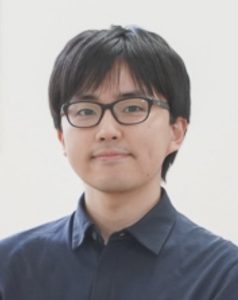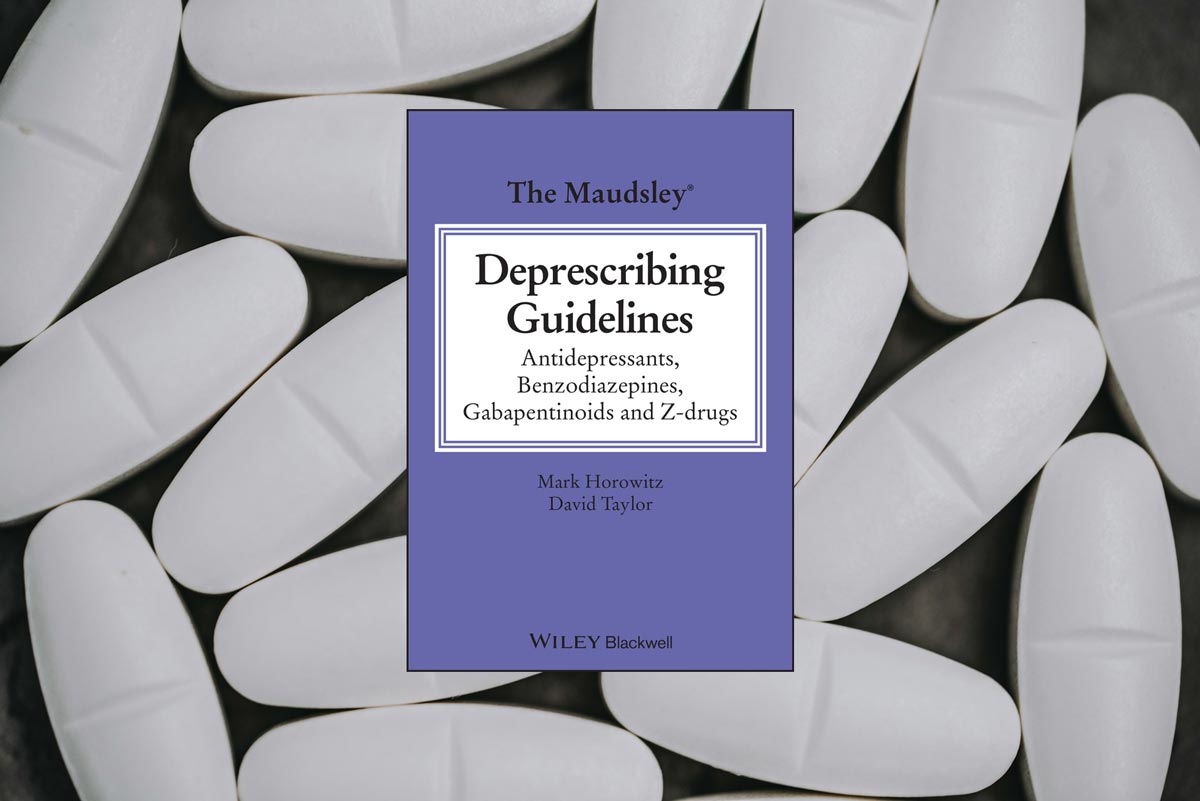
General practice is a unique and rewarding area of medicine, allowing doctors to draw on a wide range of experience and knowledge to provide comprehensive care to their patients. One of the most attractive aspects of general practice is the way in which all of life’s experiences and learning are integrated into clinical practice. This includes not only clinical experience, but also reading, meeting people, and life events. All of these experiences contribute to the development of a well-rounded and compassionate practitioner who is able to provide holistic care to their patients.1
Today, however, cost and time efficiency are increasingly emphasized in many aspects of daily life. These words are often heard, reflecting the need to make the most effective use of limited resources and time. This drive for efficiency also affects the world of experience and learning, and medical education is no exception. While there is value in striving for efficiency when studying for exams, the method of learning that continually extracts only the essence of the subject matter can lead to the elimination of surrounding areas as ‘waste’. This type of learning only seeks answers and conclusions without engaging in the process or thinking.
It is often said that no one, let alone oneself, can tell whether an experience or learning is truly useless or not.
This particular understanding of ‘waste’ in the world of experience and learning is short-sighted. It is often said that no one, let alone oneself, can tell whether an experience or learning is truly useless or not. Over a long period of time, all experience and learning will have some meaning and will gradually ‘build up’ an individual. This is particularly true in general practice, where practitioners need to draw on a wide range of knowledge and experience to provide comprehensive care to their patients.2
General practice plays a particularly important role in people’s lives, supporting the health, livelihoods and lifestyles of individuals and communities. To fulfil this role effectively, GPs must embrace the idea that experience and learning are never wasted. Every encounter, whether with a patient, a colleague, or a piece of literature, has the potential to contribute to the development of a skilled and compassionate practitioner.3
The concept that ‘all experience and learning leads to general practice’ is a powerful one. It recognises the value of a wide range of experiences and knowledge in the development of a skilled and compassionate general practitioner. By embracing this concept and rejecting the idea of ‘waste’ in experience and learning, general practitioners can better serve their patients and communities by providing holistic care that draws on the full range of their life experiences.
References
- Stange KC. The Generalist Approach. Annals of Family Medicine. 2009; 7(3): 198-203.
- Freeman TR. McWhinney’s Textbook of Family Medicine. Oxford University Press, 2016.
- Taylor RB. Medical Wisdom and Doctoring: The Art of 21st Century Practice. Springer, 2010.
Featured image: Giant Jenga: a metaphor for primary care funding, by Andrew Papanikitas, 2023








